If you’re thinking of striking on your own to become an independent owner-operator, then you need to have your own equipment too. Being a company driver in the past can help you determine the best trailer type for yourself, but there are certain things that you need to consider while making a decision. If you want your own new trucking authority in Texas, then it’s important you understand the different types of trailers and loads you can possibly work with.
Today, the most common types of trailers boil down to these three: refrigerated trailer(reefer trailer), flatbed trailer, and dry van trailer. Let’s have a detailed look at all these types. So, before you start your own trucking company, let’s take a look at the pros or cons of different trailer types:
Regulations in the trucking industry can be confusing. Our team at TexasTruckPermits.com helps you get your trucking company started with all our services you need to run a successful trucking company.
Pros and cons for different trailers
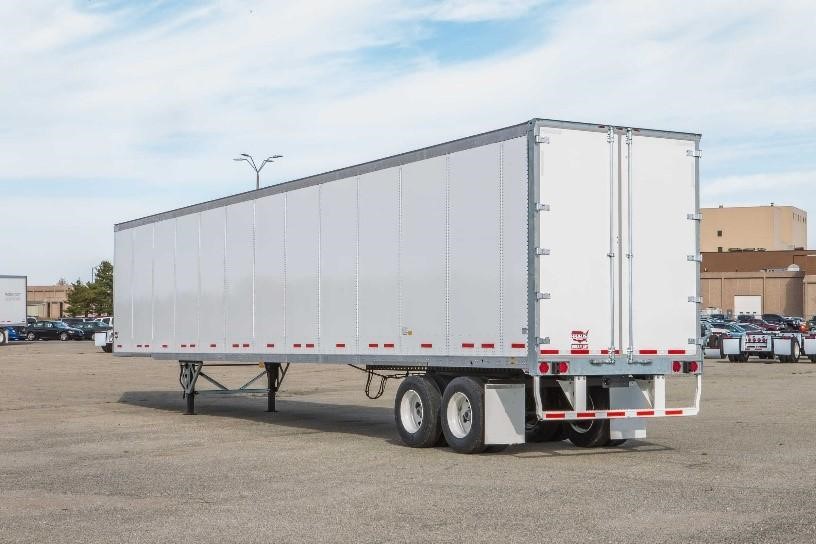
Dry van trailer
If you were a company driver before, there is a good chance that you’ve started your career hauling a dry van trailer. Dry van trailers are made to move “dry” cargo, and they look more like enclosed boxes. They are considered the most secured equipment for freight shipping. On the other hand, if you have to move temperature-sensitive products, then a refrigerated trailer is preferred.
Pros
- Dry van rates are one of the most steady freight rates throughout the year. However, the rates tend to stay on the lower end.
- Dry vans are also less expensive to buy. This can be helpful, if you’re just starting your trucking company.
- With a dry van, your freight is more protected and secured from theft, damage, or bad weather incidents than other trailer
Cons
- Rates are lower compared to all the common trailer types.
- Waiting time for unloading can take a long time. Lumper receipts are also common which can sometimes be a hassle to make sure you’re reimbursed.
- Dry vans are ideal for moving other valuable goods like electronic materials; therefore, these trailers are often good targets for theft.
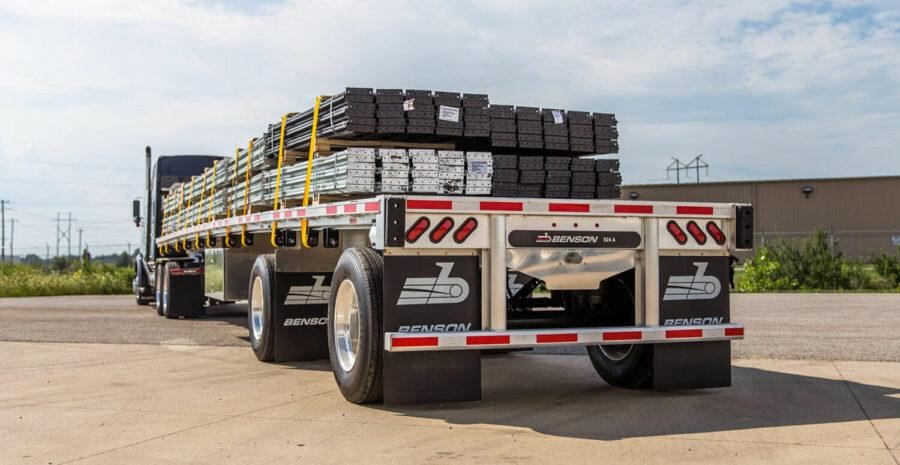
Flatbed trailers
Flatbeds are open trailers that are made to move heavy materials like large equipment and oversized machinery. Houston, Texas is a great market for flatbed trucks due to our oil and gas. If you’re getting your trucking authority in Houston Texas, a flatbed can be a great choice for you. There are several types of flatbeds available, but in most cases, it is a flat platform with zero sides and covers connected with the truck where freights are fixed and loaded. Here are the few pros and cons:
Pros
- Flatbed trailers tend to have higher rates than other trailer types.
- Texas is a great market for flatbed carriers due to Texas being an oil and gas hub. Houston is especially a hotspot for pipe hauling at the Houston port.
- You don’t have to worry much about broken equipment, since it doesn’t have many mechanical parts.
Cons
- Flatbeds are more physically demanding. Sometimes you have to work to tarp, strap, or use chains on the cargo. Securing and hauling flatbed loads in bad weather is challenging.
- Flatbed loads tend to be seasonal. Summer time has the best rates for flatbeds but it can slow down in the fall and winter.
- You will have to buy additional straps, chains, and tarps to secure your loads.
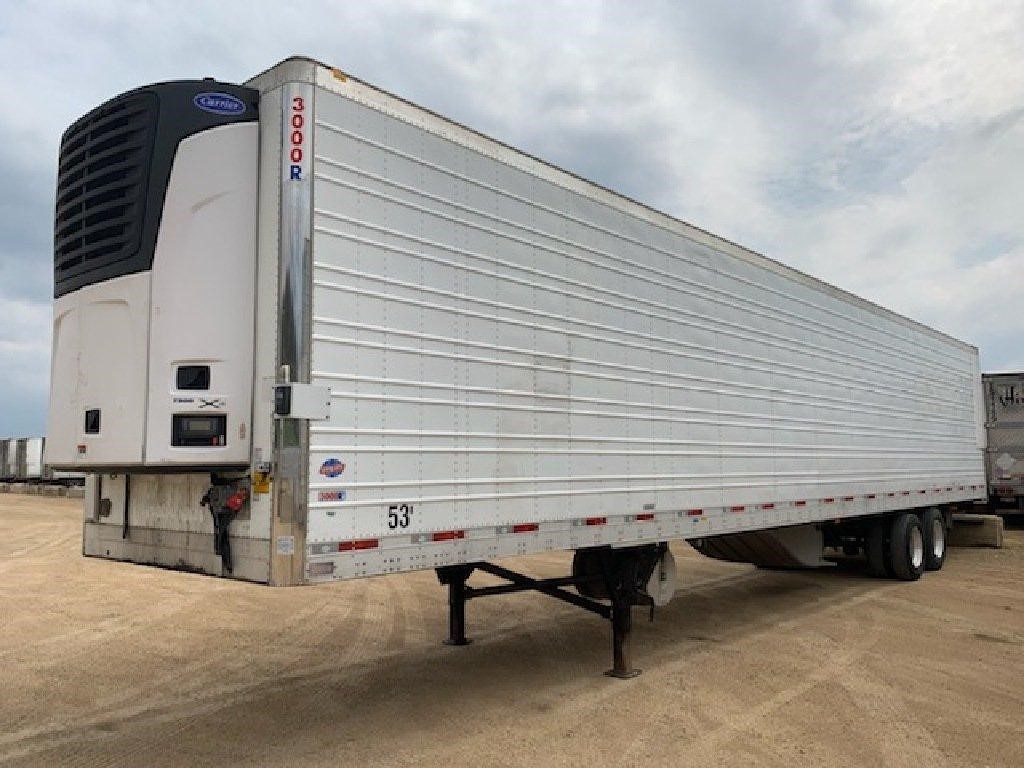
Refrigerated trailers
These trailers look exactly like dry vans but with a lot of temperature regulation tools. You can adjust these trailers to a certain level of temperature, keeping your freight under much-needed conditions during transit.
Pros
- Rates on reefer loads are the highest out of the common trailer types.
- You may use your reefer trailer to move dry van freight. However, reefers tend to have slightly smaller dimensions than dry vans due to their insulated walls.
- Your freight is more protected from weather, spoilage, theft, and damage just like dry vans.
Cons
- You need to make sure that you fuel your reefer trailer to keep the cooling system running.
- Whenever the cooling system breaks down or any other damage occurs, it can damage your cargo.
- You and your drivers need to have some experience with monitoring the inside of the trailer’s temperature. If it’s not monitored properly, the cargo can be damaged resulting in a cargo claim.
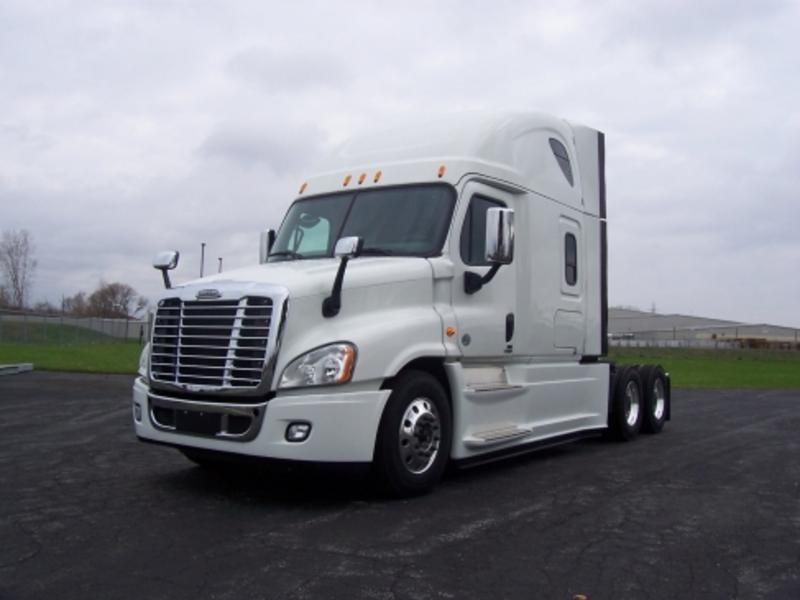
Power Only
Power only or running “bobtail” can be a good option for truckers who just aren’t decided yet on which trailer to buy. If you’re just starting your own trucking company, you can run power only in the beginning to test out which trailer type you like hauling.
Pros
- There is one less payment to make each month!
- You can hook and pull different types of trailers. Flatbed, dryvan, reefer or anything els
- You can test out different types of trailers before pulling the trigger on officially buying one.
Cons
- It is harder to find loads.
- When you deliver, you don’t have a trailer to do a back haul and its harder to find power only loads near the delivery location
- The rates on power only loads are lower due to the shipper having to provide a trailer.
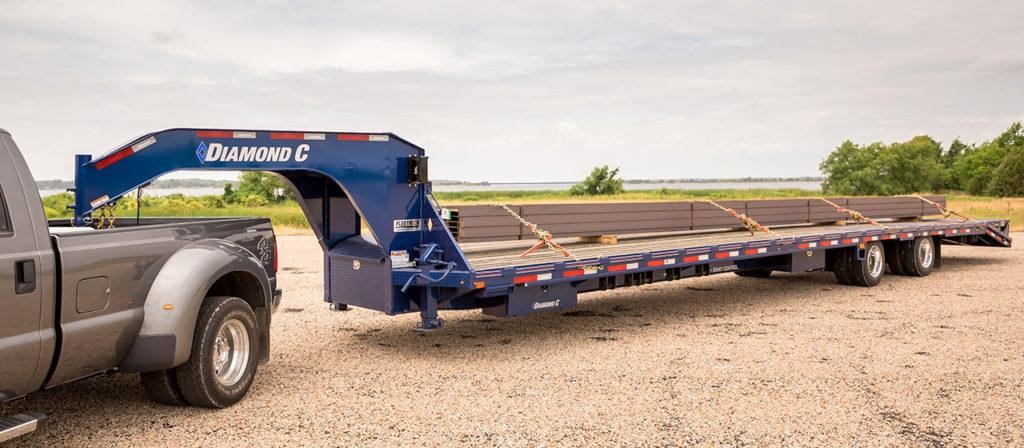
Hot Shot
The term “hot shot” originated in Texas oilfields. Hotshot trucking is a big market in Texas due to our oil and gas fields. You won’t be just limited to oilfield cargo, you can also haul construction equipment, machinery, vehicles and more just like 18 wheelers with flatbeds. If you’re starting your own trucking authority in Houston Texas, hot shot trucking can be a great choice!
Pros
- Equipment costs are much less than 18 wheelers
- Income can be as good as Class 8 work
- It can be a good start before going into larger trucks
Cons
- Demand can be less predictable due to the volatility of oil field work.
- Insurance can be just as much as owning an 18 wheeler
There are multiple other trailer options such as tankers, livestock trailers, chassis, and many more. It’s important to consider your options when starting your own trucking company. However, if you’re happy with your trailer choice already, you should go with what you love!
If you need to start your trucking company, give us a call! At TexasTruckPermits.com, we help you to start your trucking company and beyond. Our services range from getting your trucking authority, other required permits, help getting insurance, growing your company through factoring and more! Visit us at TexasTruckPermits.com or give us a call at 832-787-2111.
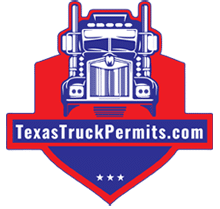
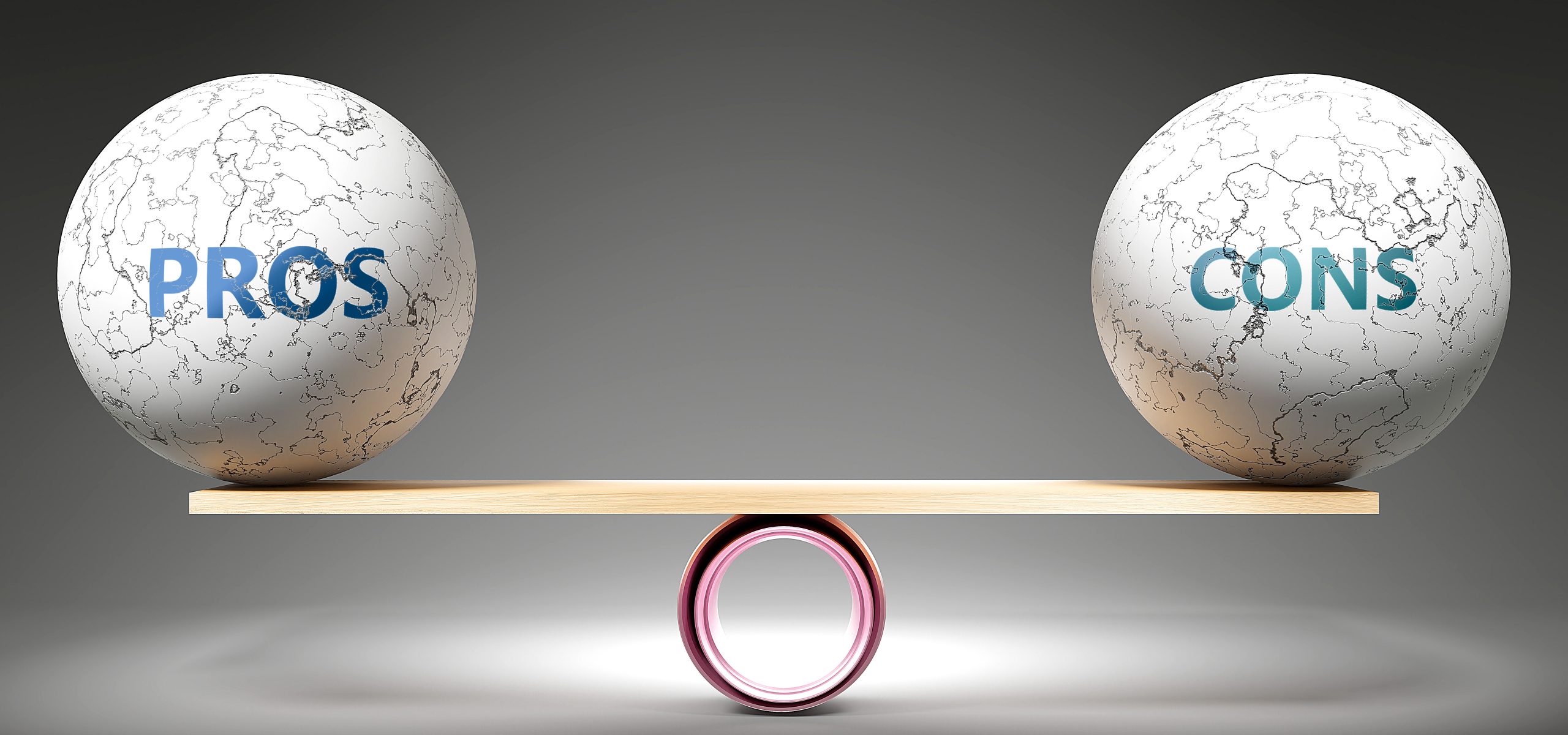
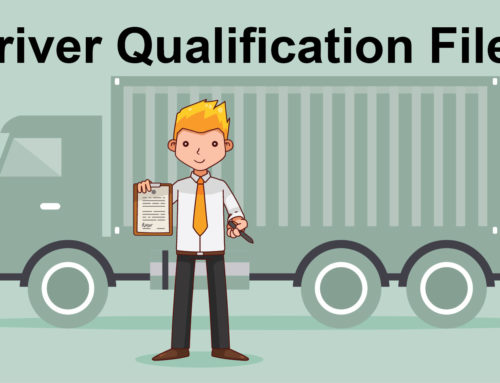
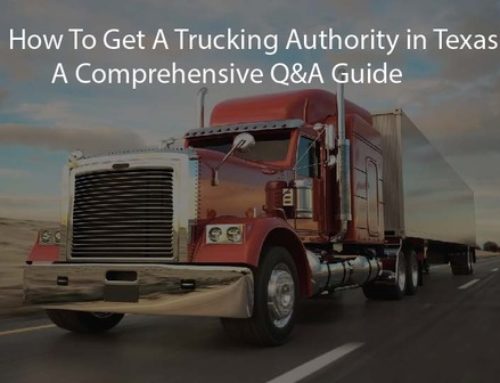
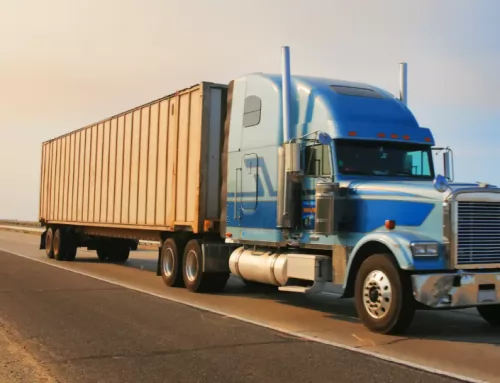
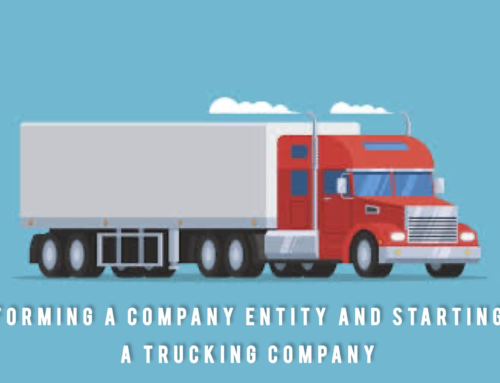
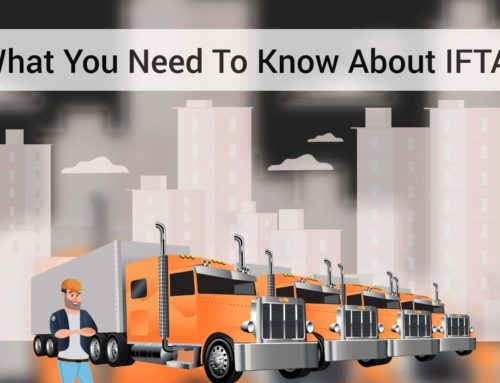
Leave A Comment